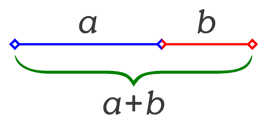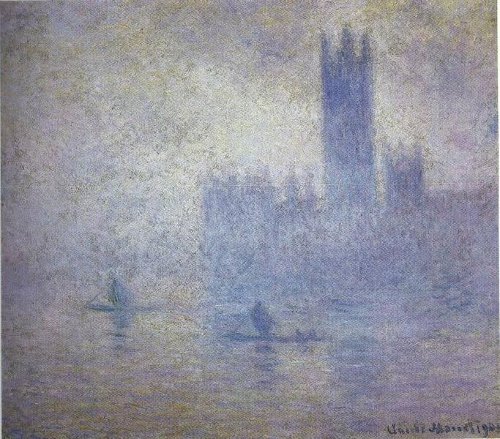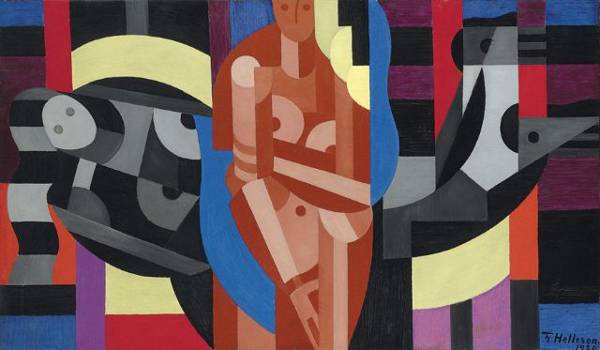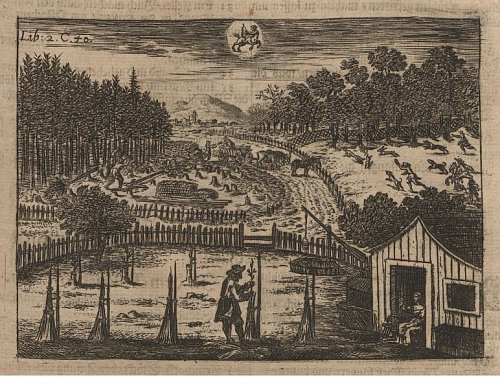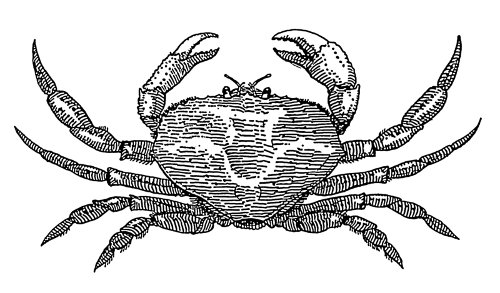‘Twas gilbert. The kchesterton
Did locke and bennett in the reed.
All meredith was the nicholson,
And harrison outqueed.
Beware the see-enn-william, son,
The londonjack with call that’s wild.
Beware the gertroo datherton
And richardwashburnchild.
He took his brady blade in hand;
Long time the partridge foe he sought.
Then stood a time by the oppenheim
In deep mcnaughton thought.
In warwick deeping thought he stood–
He poised on edithwharton brink;
He cried, “Ohbernardshaw! I could
If basilking would kink.”
Rexbeach! rexbeach!–and each on each
O. Henry’s mantles ferber fell.
It was the same’s if henryjames
Had wally eaton well.
“And hast thou writ the greatest book!
Come to thy birmingham, my boy!
Oh, beresford way! Oh, holman day!”
He kiplinged in his joy.
‘Twas gilbert. The kchesterton
Did locke and bennett in the reed.
All meredith was the nicholson,
And harrison outqueed.
— Harry Persons Taber, in Carolyn Wells, The Book of Humorous Verse, 1920
